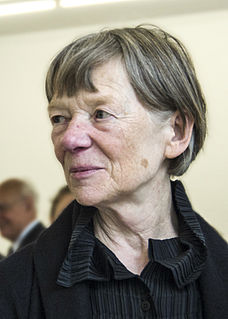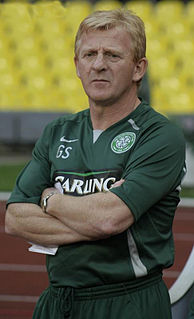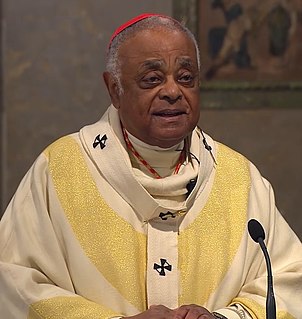A Quote by Nicholas Galitzine
I think in the media we tend to deify people in these public spaces.
Related Quotes
People tend to assess the relative importance of issues by the ease with which they are retrieved from memory—and this is largely determined by the extent of coverage in the media. Frequently mentioned topics populate the mind even as others slip away from awareness. In turn, what the media choose to report corresponds to their view of what is currently on the public’s mind. It is no accident that authoritarian regimes exert substantial pressure on independent media. Because public interest is most easily aroused by dramatic events and by celebrities, media feeding frenzies are common
Public values are not only under attack in the United States and elsewhere but appear to have become irrelevant just as those spaces that enable an experience of the common good are now the object of disdain by right-wing and liberal politicians, anti-public intellectuals and an army of media pundits.
I think she [Eleanor Roosevelt] was a shrewd politician, and very good in public relations, although she had the usual media help in this. As a Republican and a conservative, I can say ruefully that the Democrats and the liberals tend to get it; that when she said something, it was put in a nice way and highlighted properly by the appropriate media, so that it sounded good.
Spaces of liberation are, in a certain way, some kind of social spaces where people can not only get together and think about something else, but also act together. If you are thinking about an elemental solidarity, you are thinking about people acting together and taking decisions together, and thereby beginning to think about what sort of society they want to create. So, there is a need for liberated spaces; that is really difficult.
The Constitution forbids states from banning all religion from public spaces and from making churches the ghettos of religion where all manifestations of faith are kept separate from public life. Religious people have an equal right to participate in the public square and to have their contributions to Oklahoma history and society recognized.
Dancing in public spaces and moving your body freely in a public space is reclaiming what was taken from you when you were violated. The energy of that - you can't capture it, you can't own it. Capitalists can't buy it.It can't be sold. It can't be monetized. And that's why I think it's so powerful.
I photograph in public and semi-public spaces that date from various epochs. These are spaces accessible to everyone. They are places where you can meet and communicate, where you can share or receive knowledge, where you can relax and recover. They are spas, hotels, waiting rooms, museums, libraries, universities, banks, churches and, as of a few years ago, zoos. All of the places have a purpose, as for the most part do the things within them.




































